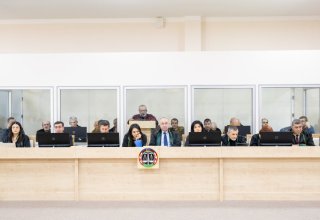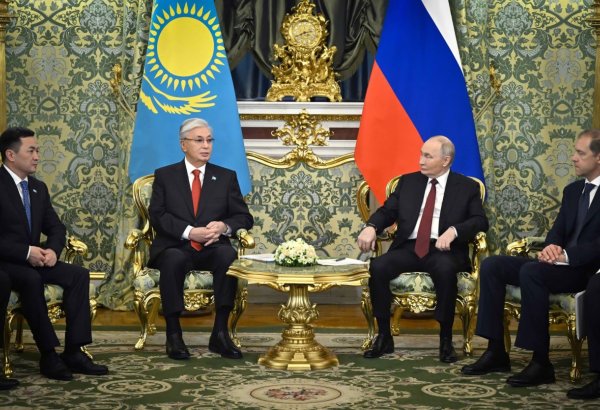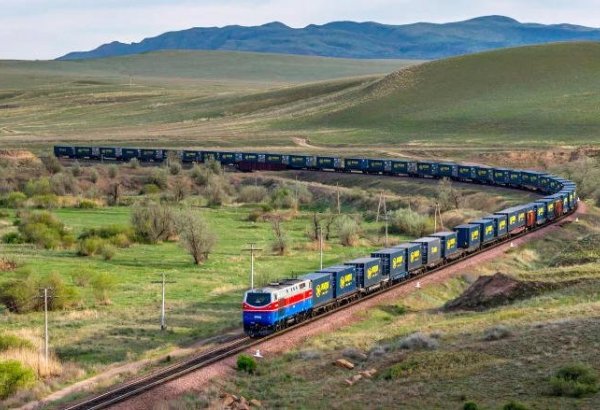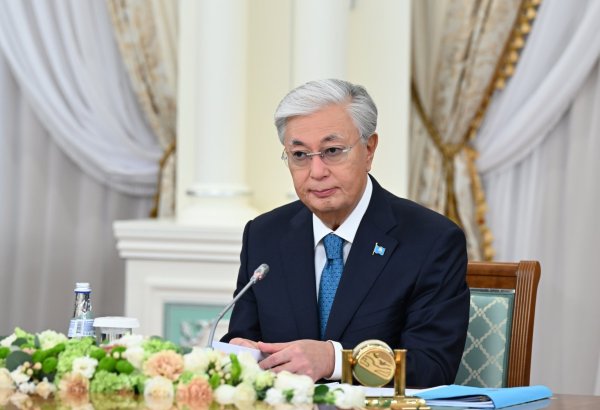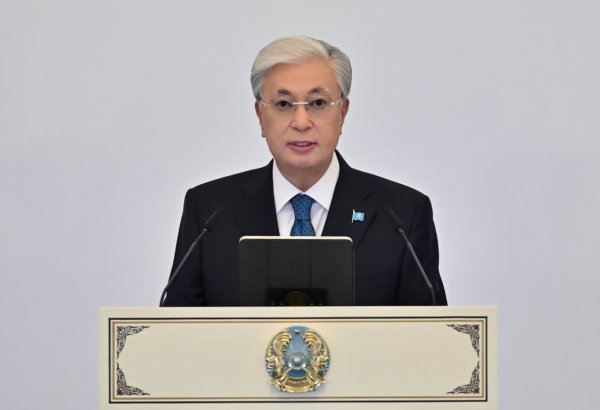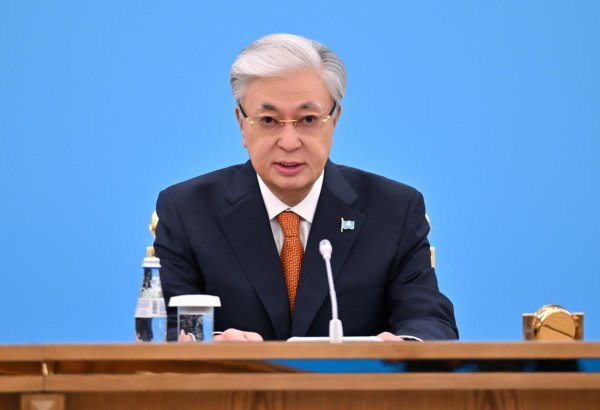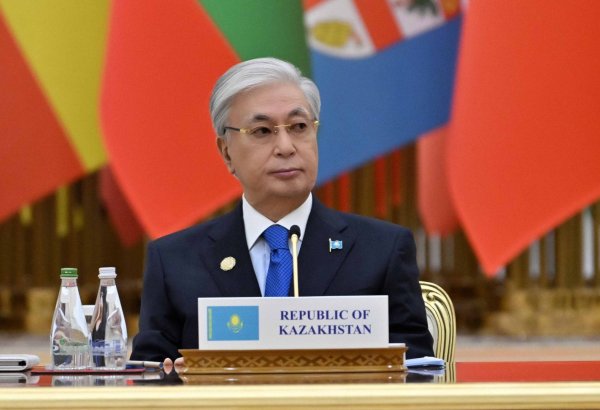ASTANA, Kazakhstan, August 8. Kazakhstan, along with its partners, is actively advancing the Trans-Caspian International Transport Route (TITR, or Middle Corridor), said President Kassym Jomart Tokayev in the Renaissance of Central Asia: Towards Sustainable Development and Prosperity article, TurkicWorld reports.
"Central Asia is rapidly emerging as a crucial hub in global transportation networks, driven primarily by the ambitious Chinese 'One Belt, One Road' initiative and the international North-South transportation corridor, with all regional countries participating to varying extents.
Currently, our countries are also advancing new ideas for creating additional transportation corridors. Kazakhstan, together with its partners, is actively developing the Trans-Caspian International Transport Route (TITR), which has the potential to increase transportation volume fivefold in the medium term," the article reads.
Tokayev emphasizes that the region is well-positioned to become a major global transportation, logistics, and transit hub.
"New opportunities are emerging with the development of Kazakhstan's maritime infrastructure—particularly the ports of Aktau and Kuryk—through which increasing cargo volumes from China and Central Asian countries transit to the South Caucasus, Türkiye, and further into Europe. Transportation corridors through Afghanistan will open access to promising markets in South Asia and Indian Ocean ports. This is in the interest of the entire region," the article notes.
Moreover, the article highlights that by enhancing cooperation in transportation within Central Asia and with neighboring countries, the region can achieve significant goals.
"In the near term, key areas for cooperation in the transit-transport sector should include comprehensive improvements to transportation links (such as increasing flight frequencies, launching new air and rail routes, and modernizing border crossings); advanced development of transport infrastructure with innovative technologies; and expanding and effectively utilizing the region's transit and logistics potential," it emphasizes.
The Middle Corridor connects container rail freight networks between China and the European Union via Central Asia, the Caucasus, Türkiye, and Eastern Europe.
This multimodal transportation infrastructure links ferry terminals on the Caspian and Black Seas with railway systems in China, Kazakhstan, Azerbaijan, Georgia, Türkiye, Ukraine, and Poland.
The Middle Corridor boosts cargo traffic between China and Türkiye, as well as between European countries, and vice versa. A train along this corridor can deliver cargo from China to Europe in an average of 20–25 days, a key advantage of this transport route.















